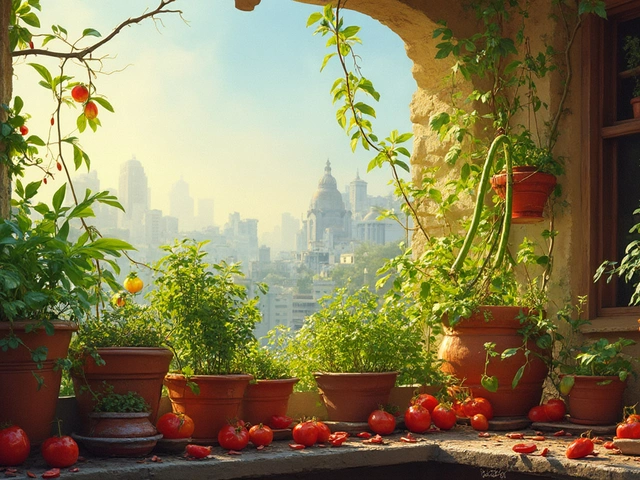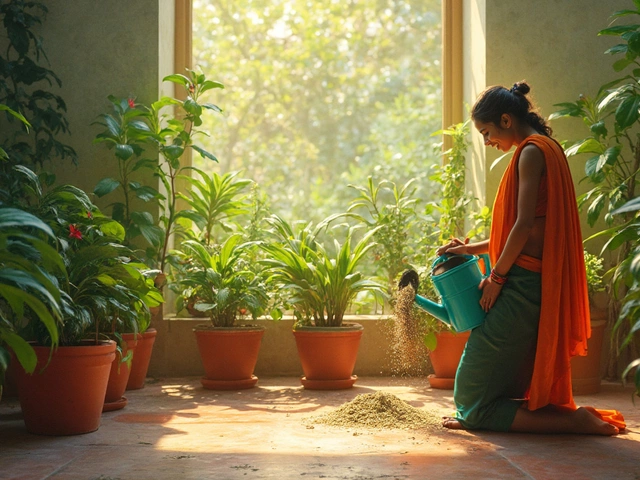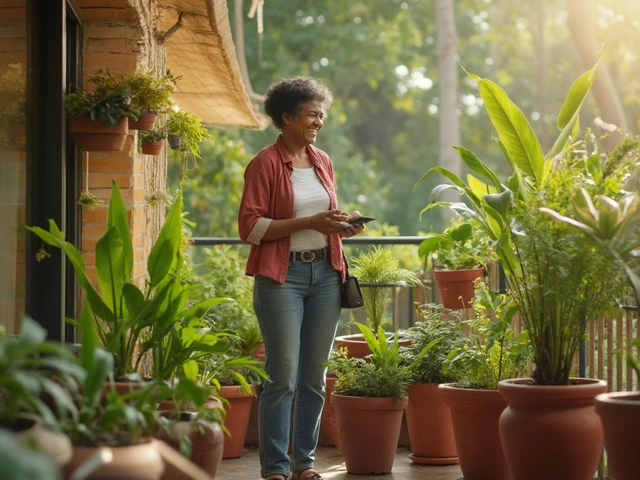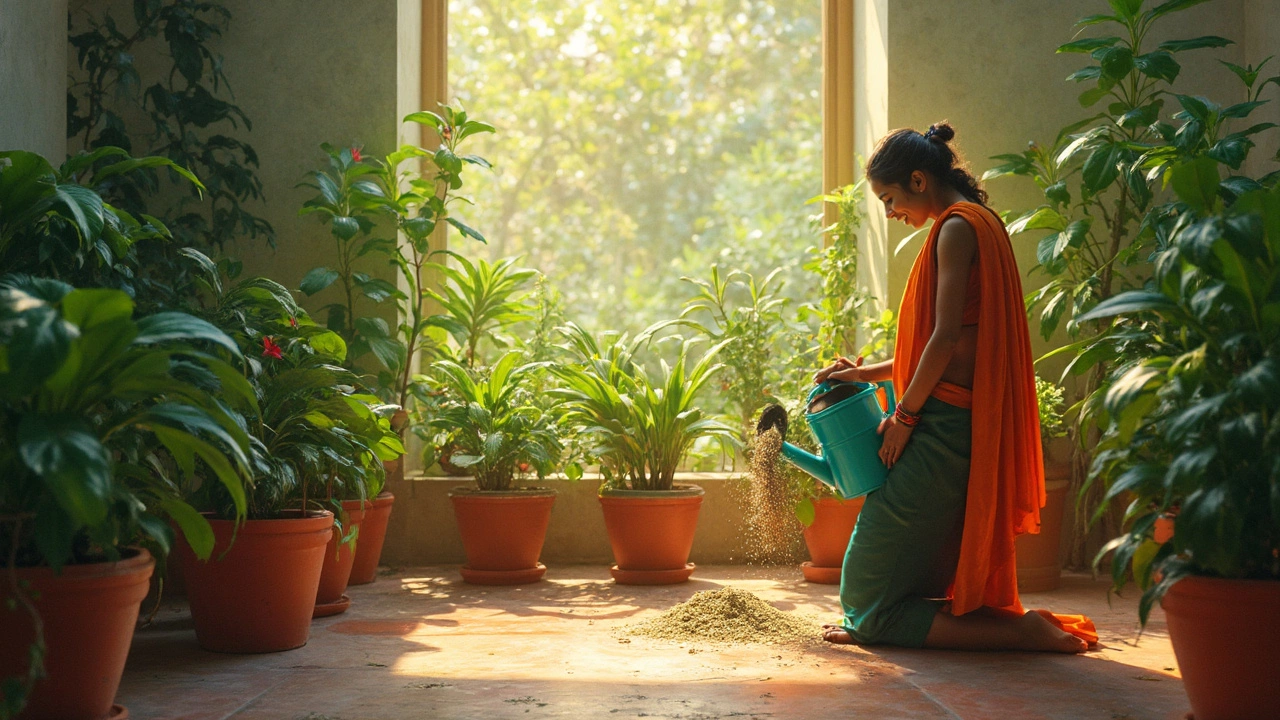Natural Fertilizer: Simple, Effective Ways to Feed Your Garden
Want richer soil without spending a fortune on chemicals? Natural fertilizers are the answer. They use waste materials you already have, improve soil health, and keep the environment happy. In India’s diverse climate, a homemade boost can make a big difference for veggies, flowers, and even indoor plants.
Top Homemade Natural Fertilizers
Compost is the classic go‑to. Mix kitchen scraps – vegetable peels, fruit skins, tea bags – with dry leaves and let them decompose for 4‑6 weeks. The result is a dark, crumbly amendment you spread around plant roots.
Eggshell Calcium: Rinse shells, crush them into a fine powder, and sprinkle on seedlings. Calcium prevents blossom end rot in tomatoes and peppers.
Banana Peel Tea: Soak a handful of banana peels in a bucket of water overnight. Dilute the liquid 1:5 and water your plants. It adds potassium for stronger fruit and flower development.
Nutrient‑Rich Cow Dung: In many Indian villages, fresh cow dung is abundant. Mix one part dung with two parts soil, let it rest a day, then use it as a base fertilizer. It supplies nitrogen, phosphorus, and potassium.
Coffee Grounds: Spread used coffee grounds around acid‑loving plants like roses, azaleas, and blueberries. They improve drainage and add a small nitrogen boost.
How and When to Apply Natural Fertilizers
Timing matters. For seedlings, a light compost layer works best – it provides gentle nutrition without burning tender roots. During the vegetative stage, add a side‑dressing of cow dung or compost tea every 2‑3 weeks to keep growth vigorous.
When plants start flowering or fruiting, give a potassium‑rich boost like banana peel tea or crushed eggshells. This helps blooms last longer and fruits develop more evenly.
Avoid over‑applying. Natural doesn’t mean unlimited. A thin layer (about a finger’s width) of compost or dung is enough for most garden beds. Over‑doing it can make the soil too rich, leading to weak stems or leaf burn.
Remember to water after applying any solid amendment. Water helps dissolve nutrients and carries them to the root zone where plants can absorb them.
If you have a small balcony garden, you can use a spray bottle to apply banana tea or diluted coffee water directly to the leaves. This gives a quick nutrient hit without disturbing the soil.
Lastly, keep an eye on soil texture. Adding too much organic matter at once can make heavy clay soils soggy. Mix in sand or perlite if you notice water pooling.
Natural fertilizers are easy, cheap, and safe for you and the planet. Start with one or two of the recipes above, watch your plants respond, and soon you’ll have a thriving garden that’s truly yours.
Adding the Right Ingredients to Water for Thriving Indoor Plants
Keeping indoor plants healthy often goes beyond just regular watering. Adding the right ingredients to water can boost plant growth and health. This article explores useful additives like natural fertilizers and their benefits, along with practical tips to keep your green friends flourishing. Discover simple ways to enhance your plant care routine.
About
Indoor Plant Care
Latest Posts


Easiest Vegetables to Grow on Your Apartment Balcony
By Alden Thorne Mar 31, 2025

Longest Growing Vegetables for Your Balcony Garden
By Alden Thorne Feb 15, 2025

Adding the Right Ingredients to Water for Thriving Indoor Plants
By Alden Thorne Mar 5, 2025

